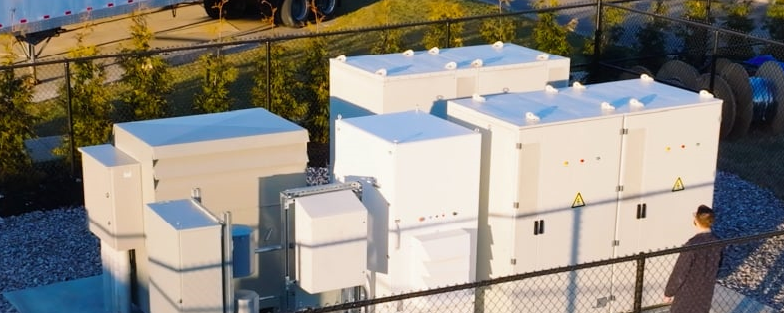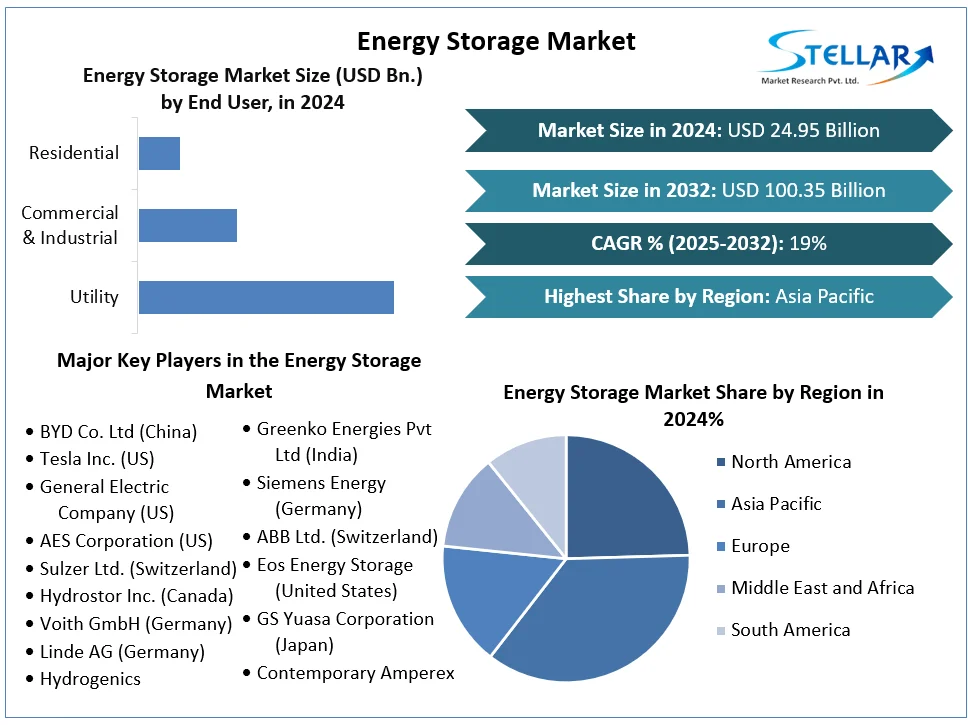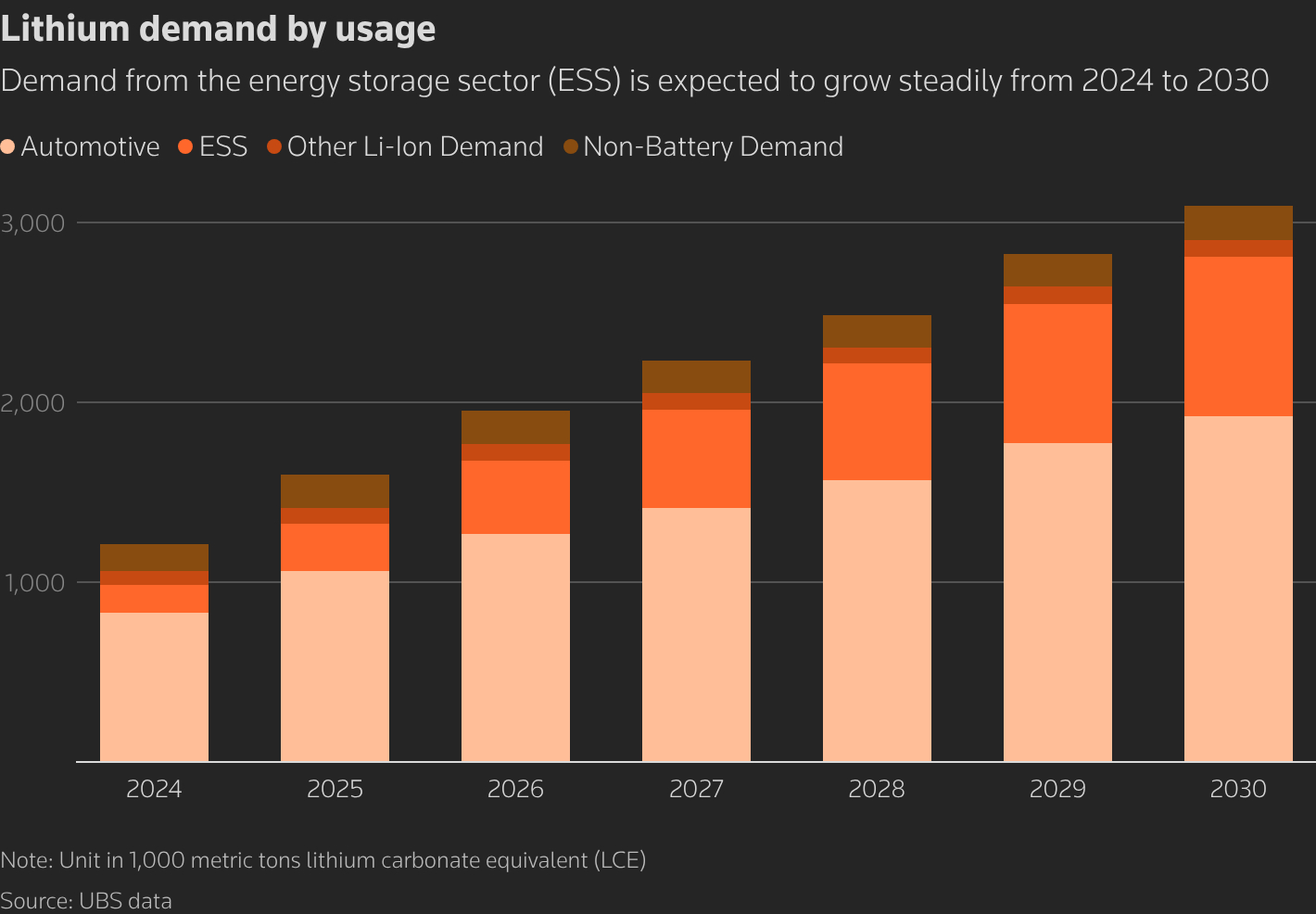With the increasing need for renewable energy and the rising cost of energy, more and more people are turning to home energy storage batteries. Home energy storage batteries are a great way to reduce your electricity bill by taking advantage of natural sources of energy such as solar or wind power. However, it is important to understand that while these batteries can help you save money, they must be used and maintained properly in order to ensure their longevity.
A home energy storage battery is a device that stores energy generated by renewable sources like solar panels or wind turbines. This stored energy can be used to power your home during periods of high electricity demand or blackouts. Home energy storage batteries come in a variety of sizes and types, so you can choose the one that best fits your needs.

Home energy storage batteries are used to store energy that can be used during a power outage or when utility rates are high. batteries can also help reduce your carbon footprint and save money on your electric bill.
Home energy storage batteries come in a variety of shapes and sizes, each with its own advantages and disadvantages. The most common types of home energy storage batteries are lead-acid, lithium-ion, and saltwater.
Lead-acid batteries are the oldest type of battery and have been used in cars for decades. They are very reliable and can last for many years with proper maintenance. However, lead-acid batteries are heavy and require regular maintenance, such as adding water to the cells.
Lithium-ion batteries are newer than lead-acid batteries and have become popular in recent years due to their lighter weight and longer life span. Lithium-ion batteries can last up to 10 years with proper care, but they are more expensive than lead-acid batteries.
Saltwater batteries are a new type of battery that uses saltwater instead of sulfuric acid to store energy. Saltwater batteries are safer than lead-acid or lithium-ion batteries because they don't use corrosive chemicals. They are also more environmentally friendly because they can be disposed of safely without harming the environment.
Installing home energy storage batteries is a great way to ensure you have a backup power source in case of an outage. Here are some tips on how to install your home energy storage battery:
1. Choose the right location for your battery. You'll want to choose a location that is close to your electrical panel and away from any flammable materials.
2. Install the battery according to the manufacturer's instructions. This step is crucial in ensuring your battery works properly and safely.
3. Connect the battery to your electrical system. Once your battery is installed, you'll need to connect it to your home's electrical system using the proper cables and connections.
4. Test your system regularly. It's important to test your home energy storage system regularly to make sure it's working properly and providing you with backup power when you need it most.
PYTES (USA) ENERGY, INC's journey began in 2004 developing solutions for residential energy storage systems.We help people save money and feel confident facing outage, with our ongoing support and technology accumulated over the 18 years.If you are interested in us, welcome to visit our official website to find what you want!


